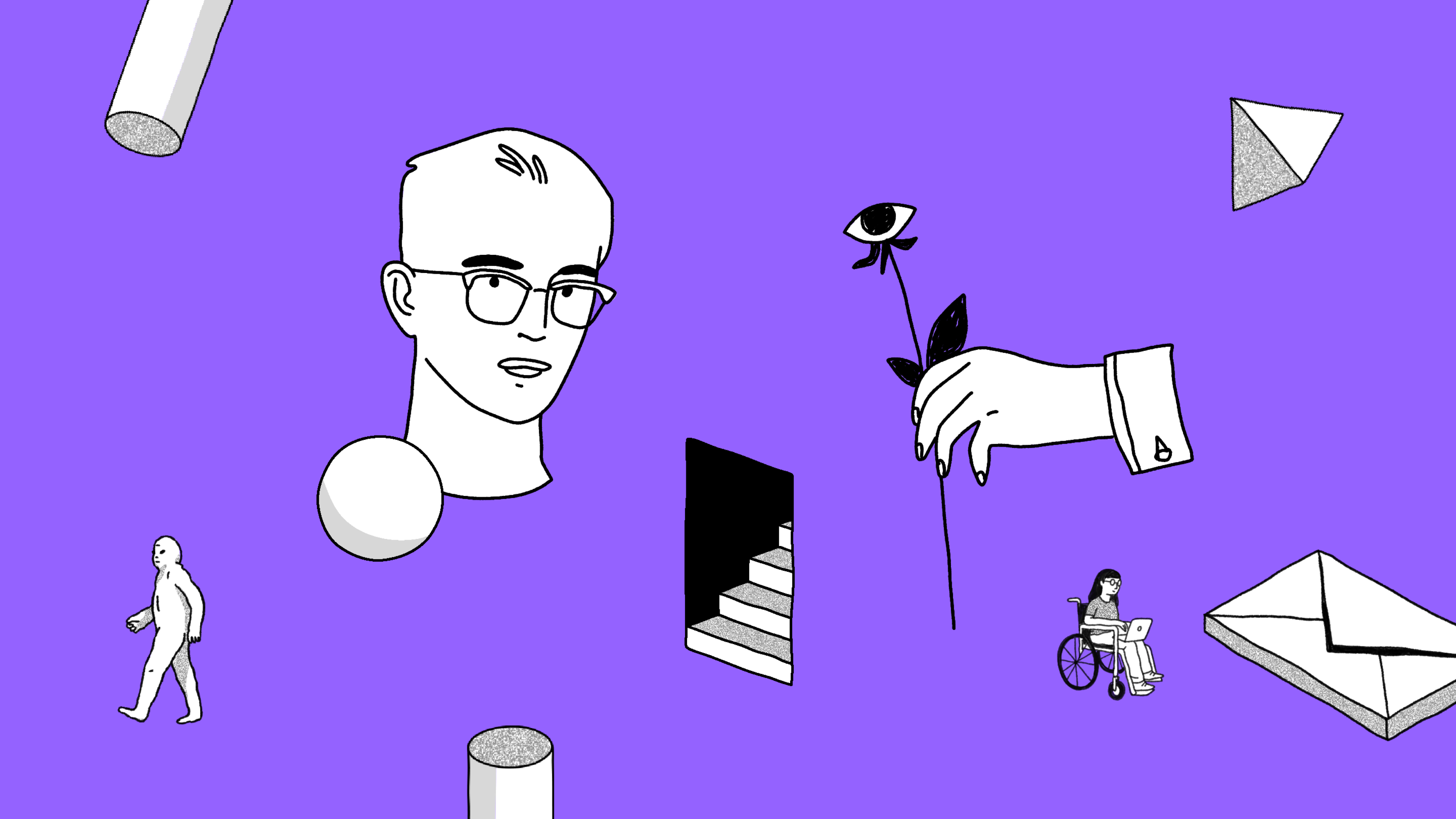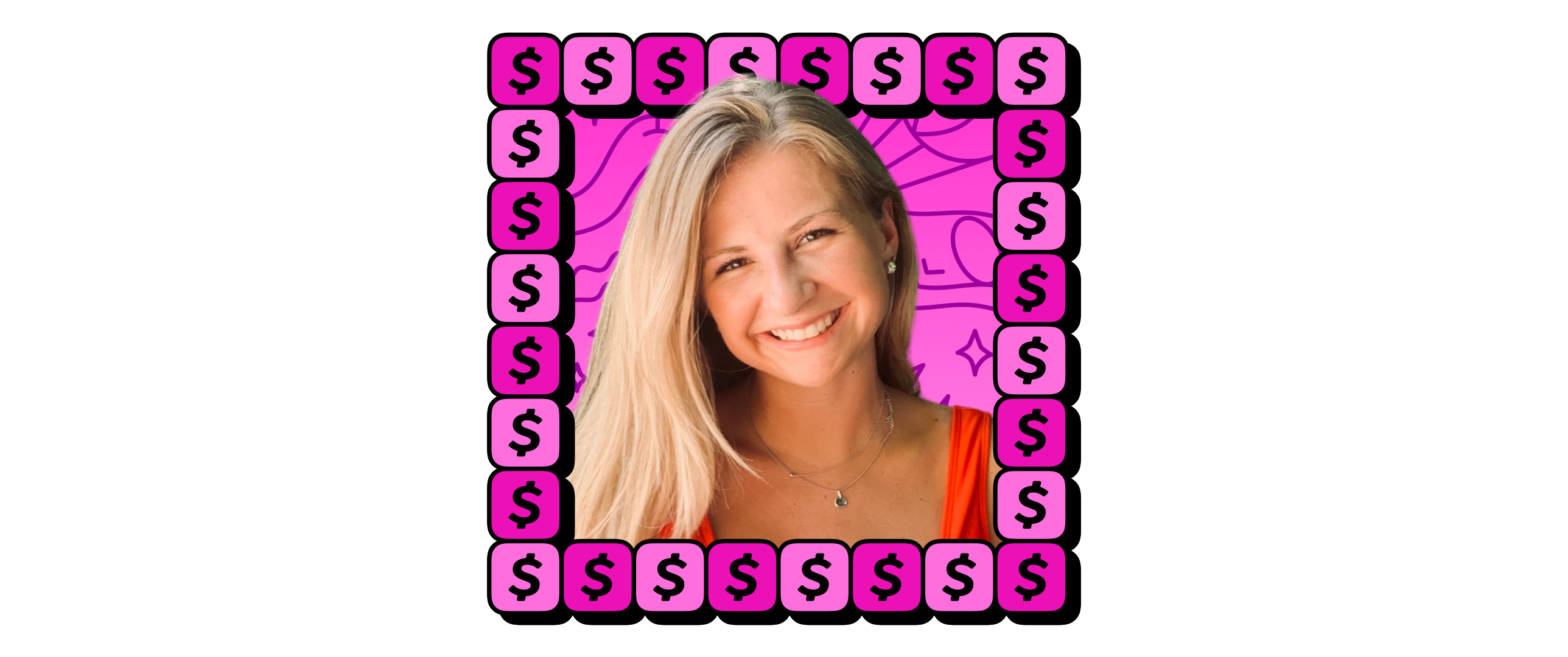Candidate Hub
How to ace the Engineering interview at Cash App

With Mackenzie Lindland, Tech Recruiter
We know interviewing can be nerve-wracking, but it doesn’t have to be. It should spark great conversation and be an opportunity for you to interview our team, too.
You’re probably wondering what it’s like to interview for an Engineering role at Cash App. To take some of the mystery out of interviewing, we sat down with Mackenzie Lindland, a Senior Recruiter on the team, to walk you through the process and share some tips on how to ace it.

Meet your guide
“My role involves everything related to creating an amazing candidate experience at Cash App,” says Mackenzie. She works with candidates from the beginning of the process to understand what they’re looking for and how Cash App can be a fit for them, acts as their advocate, helps prep them, sets expectations, and is a point person for anything they need along the way. “I know interviewing can be overwhelming, so I’m here to support our candidates in hopes of finding them a great fit at Cash App,” she says.
Mackenzie’s commitment to the candidate experience stems from her own experience interviewing at Cash App. “As a recruiter, I’m always looking at things from the candidate’s perspective, so as I was interviewing, I paid a lot of attention,” she says. She loved her experience as a candidate: “I felt every person was passionate about Cash App, and everyone I met was someone I wanted to learn from and grow with immediately—I almost didn’t want to leave my interviews!”
In her role as an Engineering recruiter, she helps hire general software engineers across multiple levels and locations. She loves partnering with the Engineering team because they’re helping to build and scale the services that make it possible for Cash App to move money and support our users.
“Working with my Engineering partners is great because they’ve partnered with us to create an amazing, standardized, inclusive, and equitable candidate experience,” she says. This means Mackenzie can set clear expectations with candidates and have a solid partnership with her hiring teams. “I believe that the closer partnership you have with recruiting, the better and more values-aligned talent you’ll bring in—and that’s why I love working with my thoughtful, dedicated engineering hiring partners,” she adds.
About the Engineering team
The Engineering teams across Cash App balance agility with performance, iterating rapidly while maintaining stability and security as we grow. They build the products, platforms, and systems that enable Cash App to exist. Many of the teams Mackenzie works with oversee and maintain the systems that allow Cash App to move money—a core function of our business and service to customers.
“With over 50M monthly users, there are so many transactions to support—the engineering teams are those that help scale and support such high volumes of users and transactions in a safe and secure way—and that our customers can trust Cash App,” she says. They work cross-functionally with almost every team at Cash App to release new products and features to enable our customers to transact safely, securely, and scalably. The team mostly works in Java, Kotlin, Go, and AWS.
As the team grows, it’s looking to hire folks who are ready to solve complex problems—because there’s a lot of complexity that comes with working with systems at such a scale. But contrary to popular belief, while a lot of the Engineering team works within payments systems, having payments experience isn’t a requirement—they’re looking for new perspectives to bring to their problem-solving.
“They love taking many different perspectives into account, building team empathy, and being really thoughtful about their work and interactions,” Mackenzie explains. The team is open to people with experience in high-volume scenarios and always sees their perspectives as a value add. “They’re also a group that loves to execute and drive things forward, so they look for that in new members of the team, too,” Mackenzie says.
The interview process: What to expect
The Engineering interview process involves three phases.
Phase one includes a Recruiter chat and Technical pairing interview. This is a chance to connect with your recruiter about your background and experience, explore your interests, and discover where there might be a fit on the Cash App team. “In our initial conversations, I’m hoping to learn about what you like to do, why you’re looking for a change, and what you’re interested in at Cash App,” Mackenzie says.
Phase two is a 60-minute technical pairing interview with a Cash App engineer. This is a collaborative interview in the language of your choosing, during which you’ll work virtually with an engineer using Coder Pad to solve a multi-part problem. In this portion of the process, we’ll be evaluating your collaboration skills, understanding your thought process, looking at your overall code quality, and seeing how you think critically about solving problems.
Phase three of the process is a round of virtual onsite interviews. This phase is more extensive and can vary in length depending on your experience level, but will always include both technical and behavioral based interviews. In this part of the process, the team is looking to understand your technical and behavior skills, your past experience, how you like to work, and any mentorship or leadership experience you’ve had. “The goal of these interviews is to get a sense for how you’ll operate within the environment at Cash App,” says Mackenzie.
Advice from the recruiter: How to ace your interview
“For your technical interviews, we know that there are timing constraints you might not experience in real life,” explains Mackenzie. To counter any constraints, she recommends asking the interviewer clarifying questions about the problem at hand.
“Don’t hesitate to ask your interviewers clarifying questions and collaborate with them to gain a clear understanding of the problem’s expectations so you can focus on reaching a comprehensive solution.”
During any part of the process, remember that your interviewers are your partners and they want you to succeed. They’ll provide tips and guidance throughout interviews: “Nobody in an interview is there to trick you,” says Mackenzie.
For your behavioral interviews, Mackenzie recommends talking about past project experience. To prepare, try practicing this with someone who knows nothing about your past work. This can help you identify jargon and institutional knowledge that your interviewer may be unfamiliar with. “Remember that in an interview setting, your interviewers might not have the same context as you do—practicing is a great way to catch where you might lose your audience,” Mackenzie says.
Don’t forget to partner with your recruiter
Throughout the entire process, Mackenzie encourages every candidate to closely partner with your recruiter. “We’re here as a resource and we want you to succeed—in fact, candidates who build strong relationships with their recruiters tend to succeed at the highest rates,” she says.
So take your recruiter up on a prep phone call and ask them all of your questions! “And be transparent about what you’re looking for in your role—the more honest and open you are about what’s exciting to you, the better we can align you to a team and role,” Mackenzie adds.